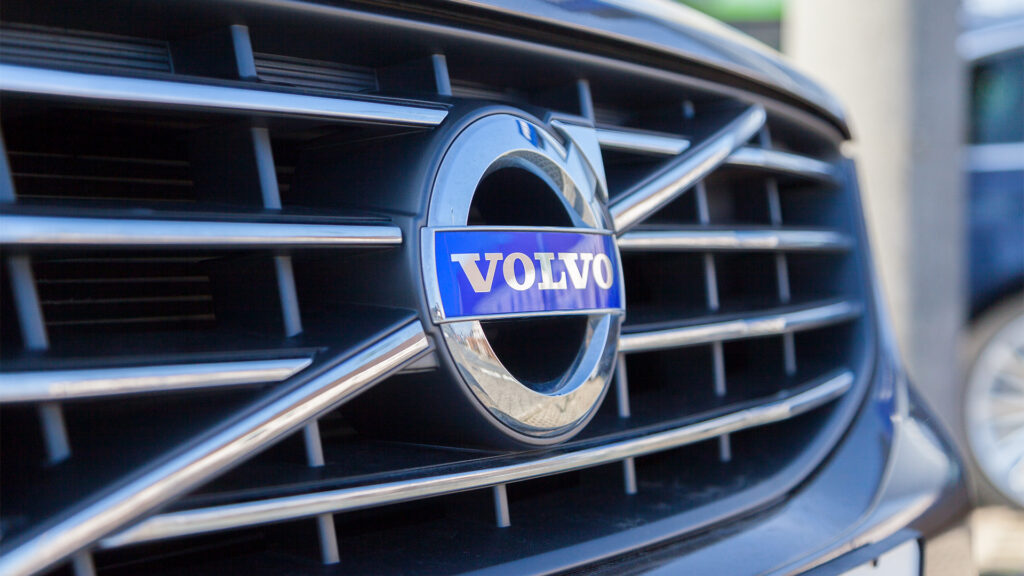The outlook has further worsened for lithium, nickel, and other materials linked to electric vehicle manufacturing with the news of a significant move by Chinese car giant Geely to take control of the faltering Polestar business from Volvo.
Geely owns 78% of Volvo, and the move to assume control of the Polestar business came after the Swedish carmaker announced it would halt funding. This move, combined with cuts from Ford, General Motors (GM), Renault, and smaller manufacturers, indicates a distant likelihood of a price recovery for these metals, with more challenges ahead for both local companies and their foreign rivals.
Toyota, the world’s largest carmaker, continues to prioritize internal combustion engine/battery hybrid technology, hydrogen, and fuel cells over electric vehicles.
The slide in prices and slowing demand is expected to continue for some time, potentially leading to consolidation in the lithium and nickel businesses in Australia.
In its full-year report issued Thursday, Volvo justified its decision to abandon Polestar, stating that the EV maker is “entering the next exciting phase of its journey with a strengthened business plan and cost-cutting actions.” However, Volvo’s focus is on developing Volvo Cars, potentially leading to a distribution of Polestar shares to Volvo Cars’ shareholders and making Geely Sweden Holdings a significant new shareholder.
Volvo Cars currently holds around a 44% stake in Polestar, acquired in 2015, but the luxury electric vehicle brand has struggled since going public in June 2022, becoming a financial burden on Volvo.
The struggles of Polestar and other smaller EV companies in Europe, the US, and China highlight the massive expenses involved in developing EVs, favoring deep-pocketed companies willing to endure sustained financial losses to bring their vehicles into production and achieve successful sales.
Polestar has faced challenges in scaling up production to meet volume targets, leading to Volvo’s decision to halt investment after repeatedly missing delivery targets for 2023.
A global EV demand slowdown is already underway in the US, with GM announcing a return to making plug-in hybrid Bolt vehicles due to production problems and doubts about its cruise driverless taxi strategy.
Polestar needs an additional $US1.3 billion in funding before reaching the break-even point in 2025, and its stock has dropped 87% since its June 2022 debut, limiting its ability to raise fresh capital.
Geely, one of China’s largest automakers, sold nearly 2.8 million vehicles in 2023, almost four times the number of vehicles as Volvo.
Geely has committed to providing full operational and financial support to Polestar without reducing its shareholding in Volvo Cars. Analysts anticipate Polestar being treated as another of Geely’s brands, competing alongside capital demands from Volvo, Lotus, and various brands in China.
Market enthusiasm for EVs has cooled as EV sales growth has slowed, and financial losses have accumulated. Tesla’s Elon Musk recently warned of slower sales growth as the company introduces a new model and cut prices in China.
Volvo’s shares surged more than 30% on Thursday after the company announced it would no longer fund Polestar, signaling investor approval. Investors also welcomed Renault’s decision to cancel the planned share offering for its Ampere EV unit, and GM’s shares have risen nearly 50% since November, following CEO Mary Barra’s cost-saving measures and a $10 billion share buyback.

